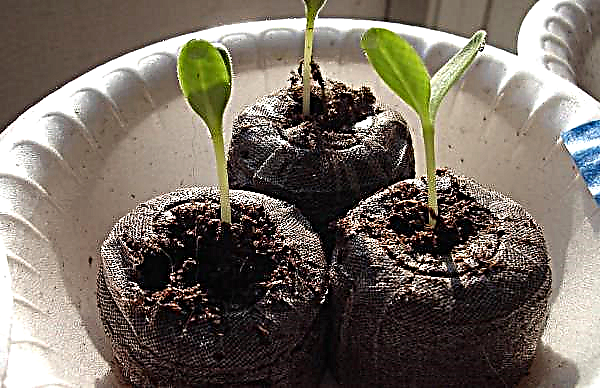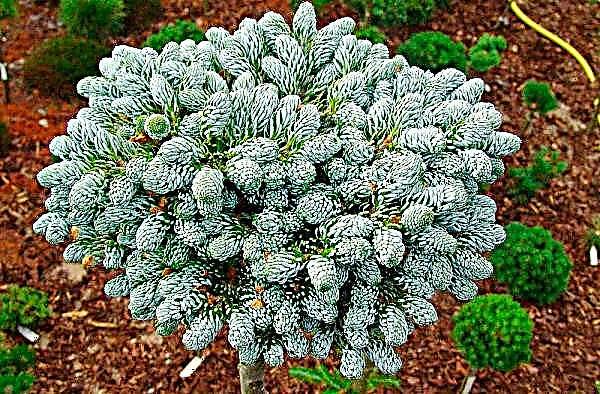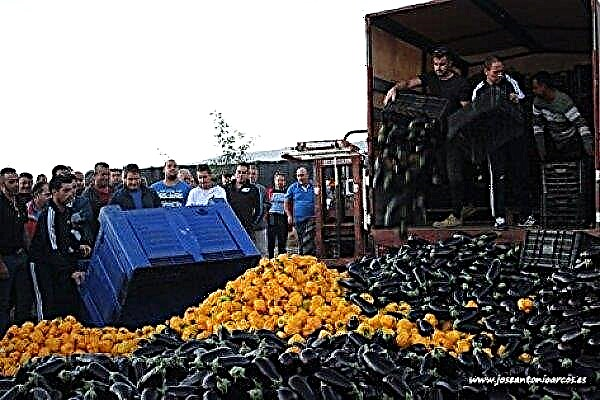Over one hundred and seventy-five hectares of Colombian plantings with bananas were infected with a dangerous virus. We are talking about the so-called "Panamanian disease", which provokes fusarium wilting of various plant crops, primarily bananas.
The disease struck bananas in the indicated area in just a month. And here it should be noted that the total area of banana plantations in Colombia this year is about fifty thousand hectares.
All of them are at risk, because the fungal infection of the Panamanian disease spreads unusually quickly, affecting banana bushes with Fusarium oxysporum organisms.
It is known that this parasite blocks the access of moisture and nutrients to the plant, which soon after the attack of the disease begins to fade and ceases to bear fruit.

It should be emphasized that not a single pesticide is known to date and authorized in Colombia. Unable to resist the “Panamanian disease”. It is noteworthy that even the soil on which bananas affected by Fusarium oxysporum grew is considered unsuitable for cultivation over the next few years.
Farmers and agricultural workers who have focused on growing bananas are sounding the alarm and suffering enormous losses. However, it should be noted that the export of bananas does not stop, because the identified strain of Panamanian disease (TR4) is not considered dangerous to human health.

In the meantime, the Association of Colombian Banana Producers Association emphasizes that active work is currently underway to find an effective response to the Fusarium wilting virus.












